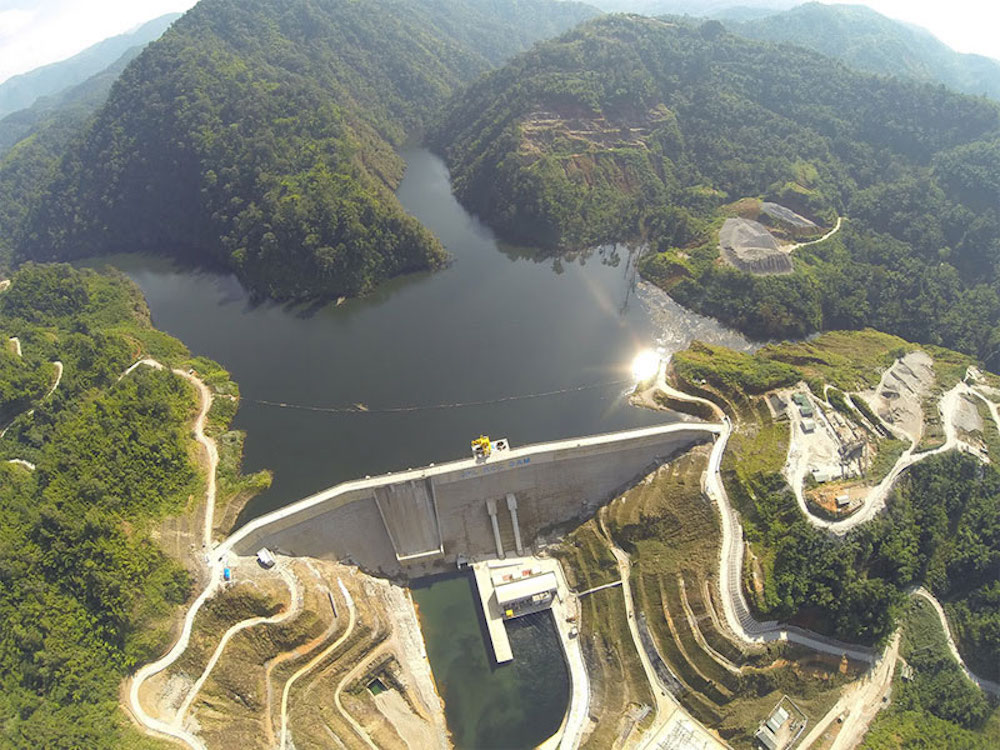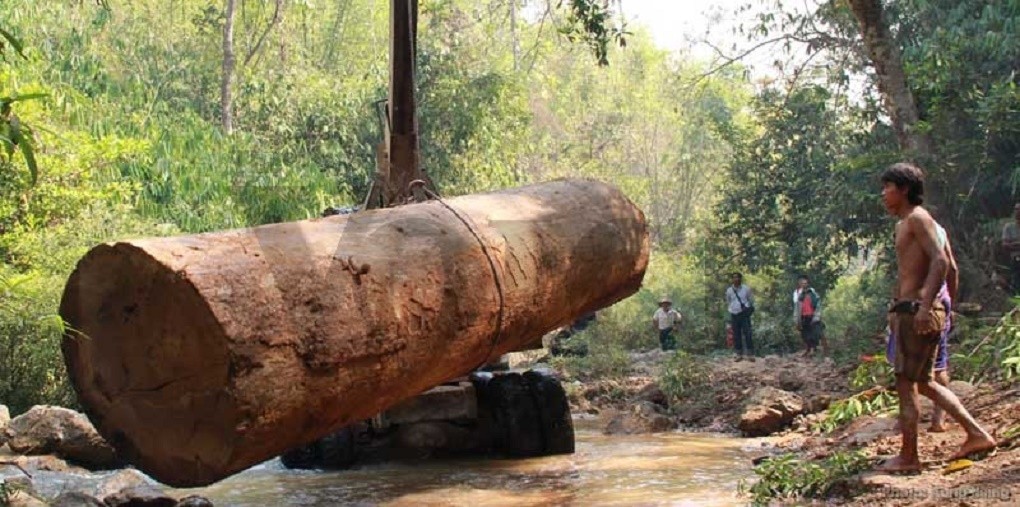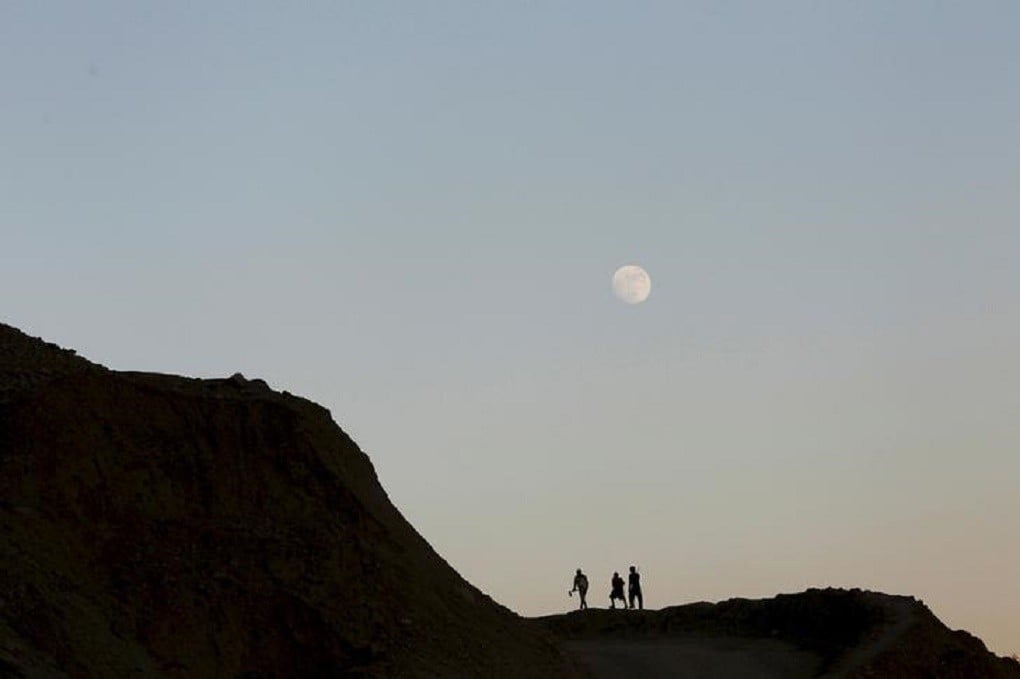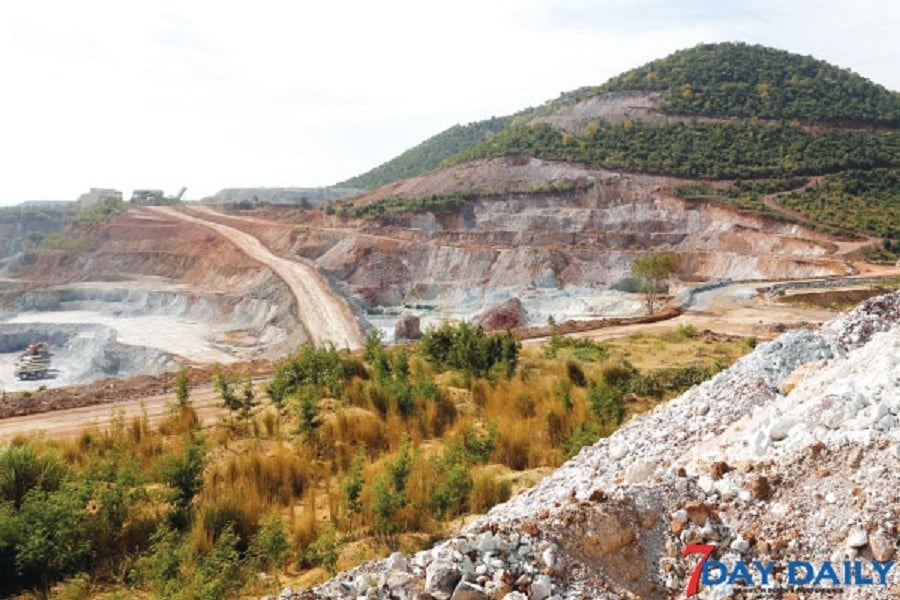The country’s demand for power has increased by 15 per cent annually due to the increasing number of factories and workshops and high population density, Khin Maung Soe, union minister for electric power says.
Between the 2011-12 financial year and 2014-15, the ministry built nine hydropower plants with an installed capacity of 626 megawatts and 10 gas-fired power plants with an installed capacity of 877 megawatts.
In addition, the installation of 1,350 miles of power lines and 1,454 sub-power stations have been completed.





